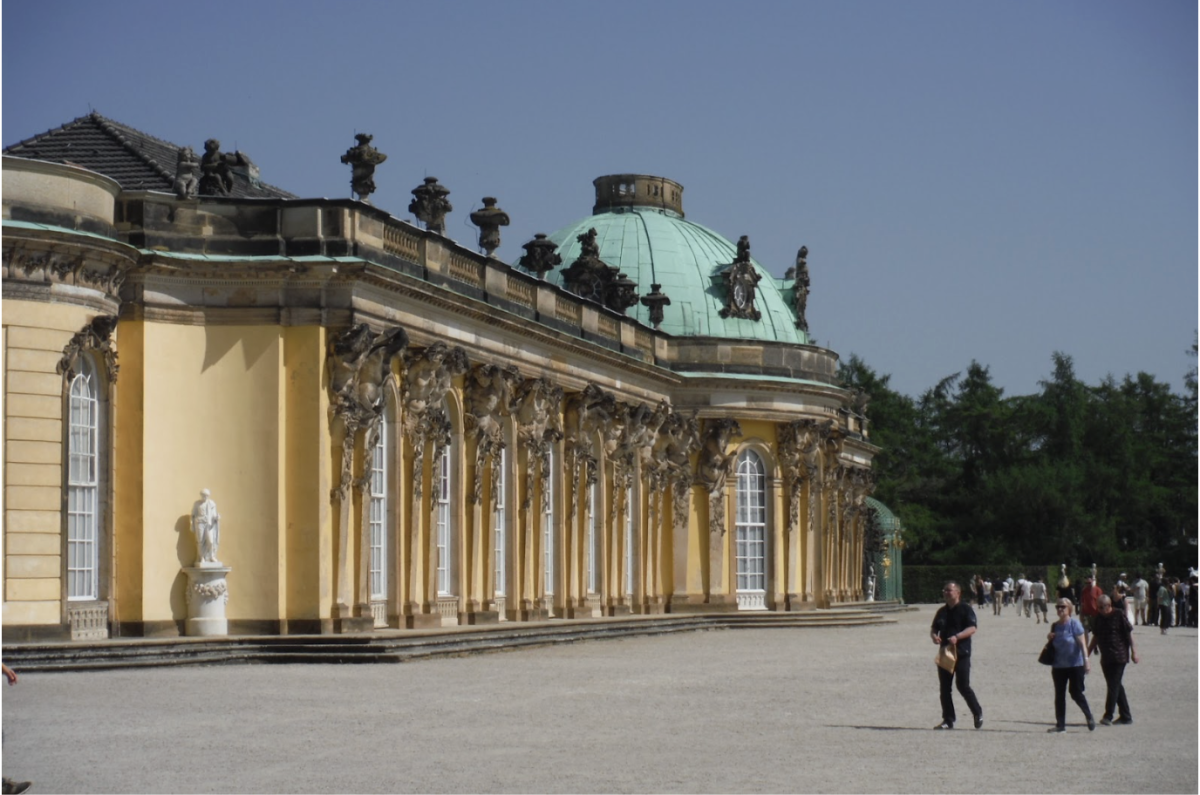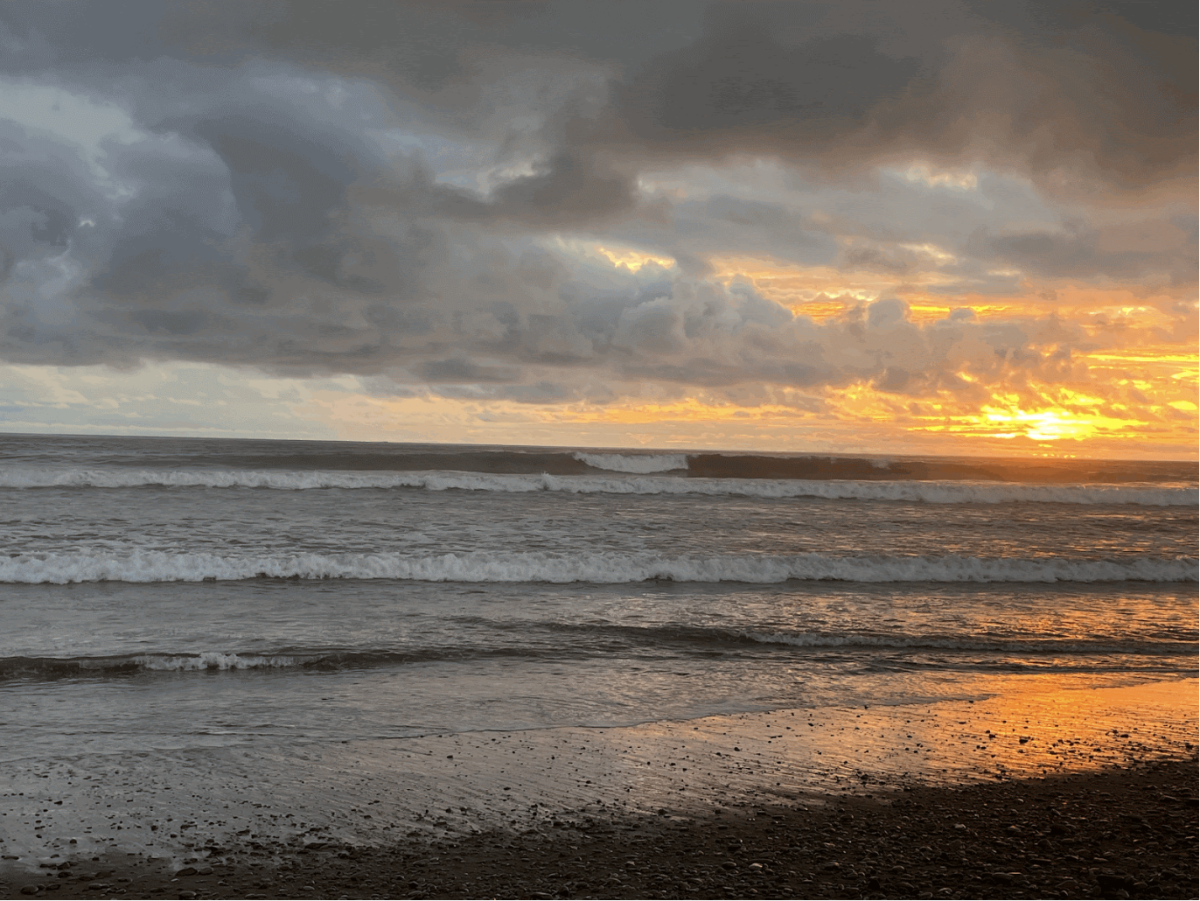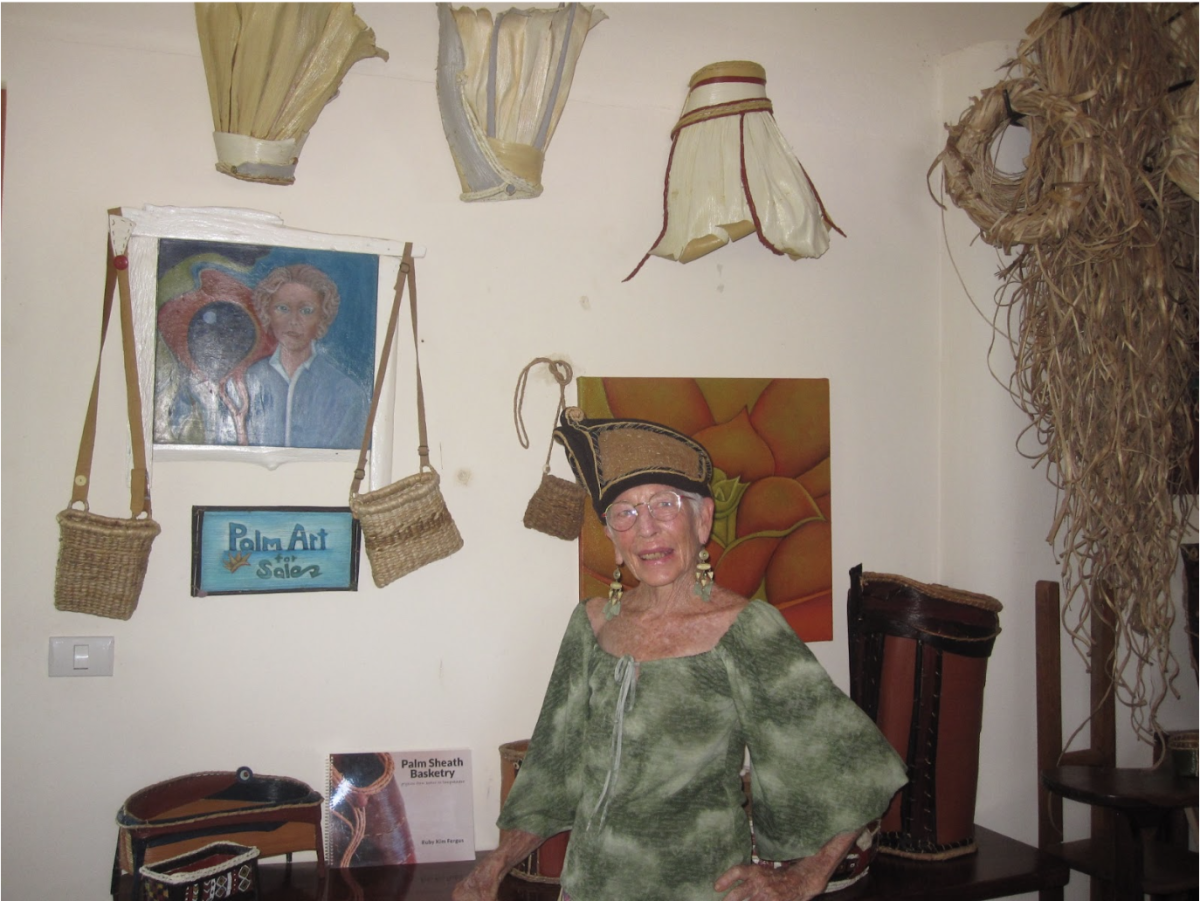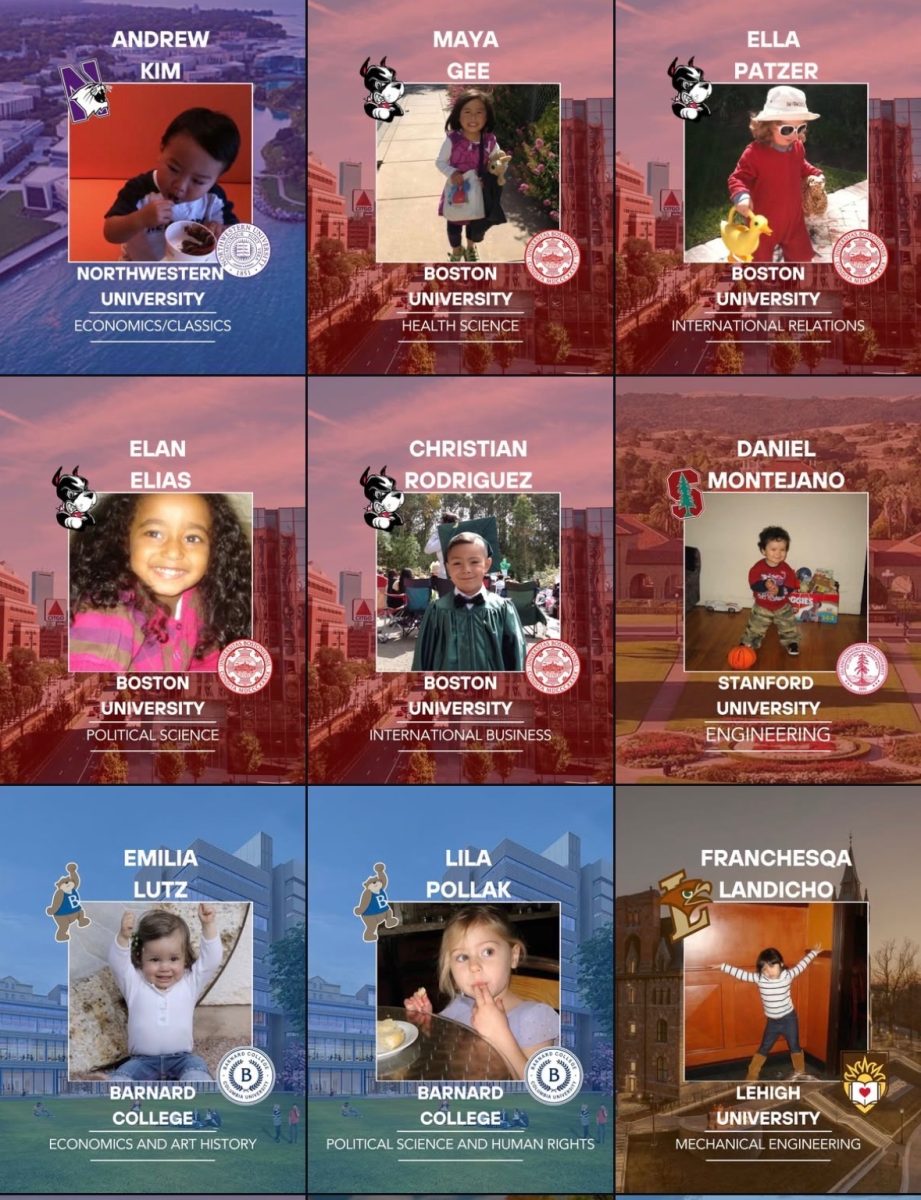Jovel Queirolo
Managing Editor
My first post-Easter Mass egg hunt began with a face-plant and a mouth full of grass. Struggling to get up in my loose rain boots I finally stood, dizzy with boys and girls in suits and dresses flying by me, and sprinted toward the closest bush, squinting for a hint of colored plastic. The chocolate was yummy and my parents were cheery since they’d had coffee that morning for the first time in 40 days.
I’m too old for Easter egg hunts, and more confused with the Catholic Church than ever. For years I’ve followed the strict routine of giving up meat on Fridays and not saying “Alleluia” on the days leading up to Easter, although I ate a particularly sinful piece of duck this past Ash Wednesday.
Thinking about the past few weeks and the coming four days, I’ve come to understand that a meaningful Easter is about viewing Lenten promises — or the Holy Days before Easter or even Easter Sunday — as an opportunity, not an obligation. The whole concept of Easter is more than going to some extra Masses and buying marshmallow Peeps.
I’ve grown up with the same Ash Wednesday homily about Lenten prayer, sacrifice and almsgiving explained every year at the beginning of Lent. I remember Sister Phoung telling us in elementary school to pull our hair back so that Father Jerry could smudge a thick black mark on our foreheads. Up until sixth grade, I had no idea what the priest mumbled under his breath about dust.
The most fascinating day of Lent for me has always been Holy Thursday, tomorrow, which like Ash Wednesday I never quite understood in my youth. On that day the entire congregation takes turns washing each other’s feet. After years of quietly accepting Holy Thursday as just something we do, I realize why it’s my favorite moment before Easter every year.
I didn’t have to wash stinky feet if I didn’t want to. My parents couldn’t stop me from buying some beef jerky at the corner store, and the nuns and priests in elementary school couldn’t actually tell if I was praying. Washing someone’s feet is supposed to put one in Jesus’ shoes when he washed his disciples’ feet. Not eating meat and praying and giving alms is supposed to help us be more Christ-like and to practice the messages of love we hear in the Gospel.
All of the stories I never understood and the praying and the fasting were only as meaningful as I made them.
Every story I did understand made me think about the way I live and treat people. I now know that Father Jerry and priests say, “Remember you are dust, and unto dust you shall return,” when they put ashes on the foreheads of Christians around the world. That statement is reconciled on Good Friday when we commemorate Jesus’ death and together the two pivotal instances before Easter remind us of our humanity.
A priest in my parish, Father John, said when it comes to understanding Easter, you can hang out on the shore, wade around in the shallow end or really dive into the deep questions of our faith. It’s not about feeling hungry and reciting a bunch of prayers.
A second grader might enjoy the candy at the end of a long wait for Easter, but as I grow older physically and spiritually, Easter and the time leading up to it carries new weight in my life with each year I reflect.








